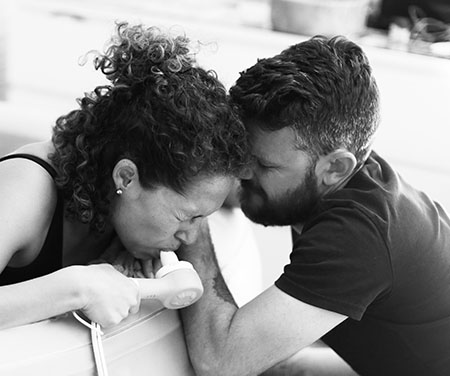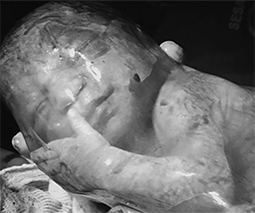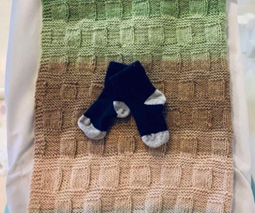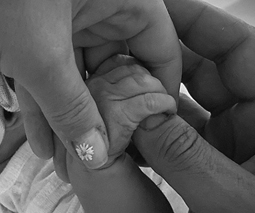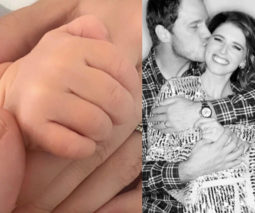Early arrivals – why you might have a premature labour and what to expect

Pregnancy is supposed to last nine months, although each year approximately nine percent of babies in Australia are actually born before they reach full term, with the mother giving birth prematurely. So what’s the likelihood of it happening to you? Here are all the facts.
What is premature labour?
Premature labour is when a woman goes into labour and delivers her baby before the 37-week mark. It’s usually spontaneous (where the labour starts itself), and in many cases is unexplained. While many premature babies go on to thrive and catch up with their peers, there is a higher risk of health complications with your little one, such as breathing difficulties.
What causes premature labour?
A new blood test might soon be available which should accurately determine your risk of premature birth (and your exact due date), but in the meantime, if you’re wondering if you’ll have your baby early, here are some factors which can contribute to it happening:
- Multiple babies – Less than half of all twins are born after 37 weeks, and triplets on average arrive no later than 34 weeks.
- You’ve had a premature labour before
- Early deliveries run in the family – Women who were born prematurely, or who have siblings that were born pre-term, are 50-60 percent more likely to give birth prematurely themselves.
- High levels of stress or violence in your life
- Urine infections and other infections
- High blood pressure
- Placenta, cervix or womb issues – e.g. fibroids
- Short gap between babies – Having children less than 18 months apart can make prematurity more likely.
- Poor diet, smoking or drug use
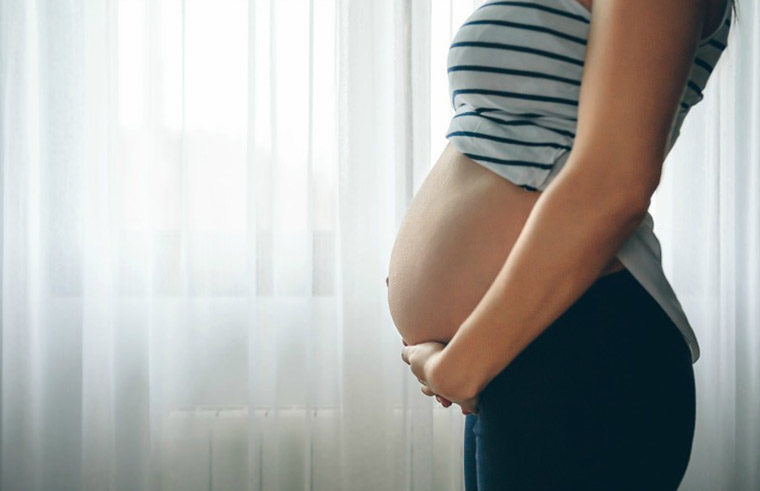
What are the signs?
It’s important to recognise the signs you might be going into labour prematurely, in case you or your baby require special medical attention (especially if you’re a long way off being full term). Indicators will be the same as normal labour and include:
- Strong, regular contractions (not to be confused with Braxton Hicks tightenings which are sporadic and infrequent)
- Your waters breaking
- A ‘show’ appears out of your vagina (the mucus plug that seals the cervix during pregnancy has come away)
- Pain in your lower back
- Bleeding from your vagina
- Nausea, vomiting or diarrhoea
- Pressure in your pelvis
A deliberate start
In some cases, doctors may prompt a woman to go into early labour by inducing her with hormones or manually breaking her waters. This is usually when the health of the baby or mother is compromised, such as conditions like pre-eclampsia, bleeding from the placenta, mental health issues, or the baby has stopped growing.
How to reduce your odds
While it may appeal to some to get their pregnancy over with as fast as possible, a full term baby has the best chance of thriving. The best ways to avoid giving birth prematurely are focused on staying as healthy as possible during pregnancy, both physically and mentally:
- maintain a good diet
- don’t drink alcohol, take drugs or smoke
- don’t attempt too much physical exercise or work
- stay as relaxed as possible
Regular check-ups with your doctor are important too.
But if it’s looking likely …
If premature labour runs in your family or your doctor has advised you that your odds are high, then best to get prepared at home and take your maternity leave early just in case! And of course, if you think you’re in labour then call 000 or get to a hospital immediately.
